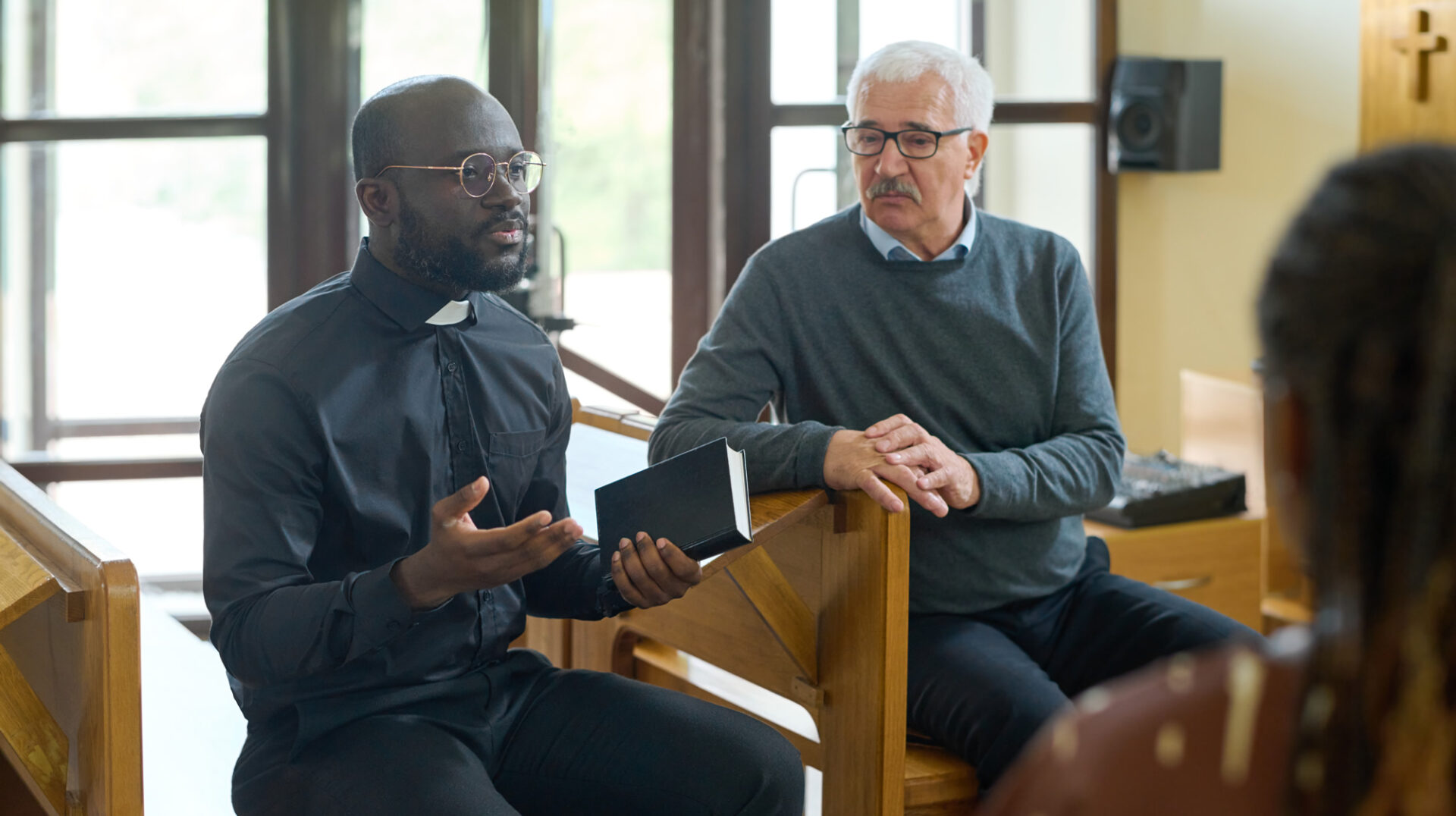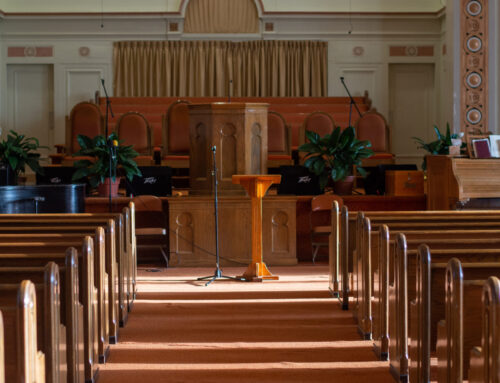The headlines are inescapable as the news is sadly becoming filled with reports of alleged ministerial misconduct that can wreak havoc on religious institutions and dismantle the trust and faith congregations have in leadership. An area of increasing legal liability and risk for religious organizations is the protection of children and response to abuse allegations.
Unfortunately, there is no full-proof way of preventing tragedies, including abuse of children, but there is a growing demand and expectation for religious organizations to develop stronger policies, practices and procedures that will more effectively protect children, adults, and the organization.
Report
First, establish a clear process for reporting alleged misconduct or abuse within the organization, including organizational oversight. Not every religious organization is governed by a central body. In fact, many places of worship operate completely independently. When there is an allegation or concern about abuse, staff and congregants should know who is designated to address the issue. However, do not assume that incidents reported to your clergy can remain handled in-house. Know your state’s reporting laws for abuse, including physical, sexual, and mental abuse.
Respond
Silence is never the right response to a child abuse allegation. Your organization should develop a response plan that may include engaging general counsel.
Review
Create a process to review and vet employees and volunteers, even those without direct youth interaction. A professional background check is one tool to bring trust and credibility to your youth ministry, and it may also demonstrate due diligence by the organization. A place of worship should have established policies for employees and volunteers that are compliant with the law.
Regulate
Safeguards include limiting who has access to youth areas throughout the place of worship, requiring waiver and consent forms for all youth events, and establishing sign-in procedures so that you know who is coming in and out of your place of worship and in contact with youth.
Legal Word Wednesday is intended to provide some quick points on a broad range of topics with potential legal implications for religious organizations. It does not constitute legal advice or establish an attorney-client relationship. KSM has an experienced team of attorneys to help small and large non-profits and religious organizations with employment, contract, compliance, and governance issues in addition to risk management strategies and training.
The information contained in this blog does not constitute legal advice, nor does this blog create an attorney-client relationship. KSM attorneys do not blog about pending matters handled on behalf of our clients and will never disclose client confidences.






